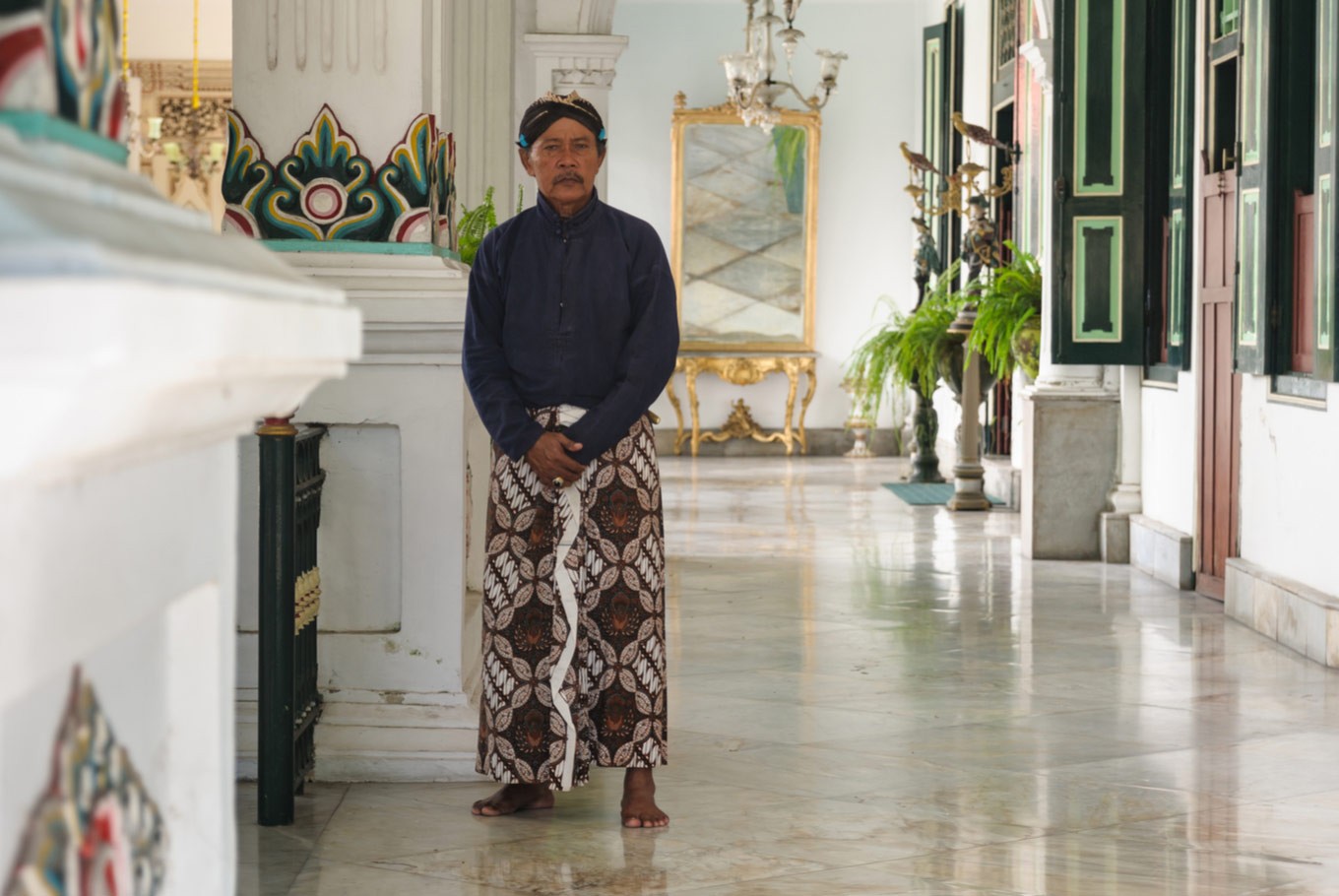Popular Reads
Top Results
Can't find what you're looking for?
View all search resultsPopular Reads
Top Results
Can't find what you're looking for?
View all search resultsYogyakarta Palace reduces number of servants due to COVID-19 pandemic
Change text size
Gift Premium Articles
to Anyone
T
he Yogyakarta Palace, formally known as the Kraton Ngayogyakarta Hadiningrat, has reduced the number of its abdi dalem (royal servants) to 30 percent of their usual number in response to the COVID-19 pandemic.
Yogyakarta sultanate crown princess Gusti Kanjeng Ratu (GKR) Hayu, who also helms the palace information technology (IT) and documentation department, said on Monday that the decision was made considering that both tourists and the abdi dalem frequented the palace at the same time.
She explained that many abdi dalem were aged 60 and above and were hence among the vulnerable group at a high risk if exposed to the coronavirus.
Hayu went on to say that the Palace was applying certain rules since the beginning of the COVID-19 outbreak, which included changes to the abdi dalem’s service schedules to avoid crowds.
Hayu said the number of abdi dalem serving at the palace at any time had been reduced by around 50 percent. However, the number was recently reduced further to further reduce the risk of virus transmission.
According to tempo.co, around 2,000 abdi dalem served at the palace in 2016.
The palace has two types of royal servants, namely abdi dalem tepas and abdi dalem caos.
The abdi dalem tepas have an office at the palace and come to work every day. Meanwhile, the abdi dalem caos only come periodically.
Read also: Yogyakarta Palace recovers centuries old manuscripts
Hayu said the palace had temporarily stopped the service of abdi dalem caos, while the abdi dalem tepas were taking turns to work.
The palace has also temporarily postponed big ceremonies by the king, and the abdi dalem have been advised not to come for ceremonies.
The palace is also taking into account announcements from the Yogyakarta administration regarding the spread of COVID-19 in the province.
Keraton Yogyakarta is among a limited number of tourist attractions that reopened in July.
In addition to tours and abdi dalem activities, the palace is currently prioritizing academic activities, such as online research about objects available at the Keraton.
“It depends on the research, but requests can be made by email,” said Hayu, adding that the palace had seen a lower number of research activities during the pandemic.
Since July, the palace has also conducted limited operational trials at four museums, the Keraton Pagelaran Museum, the Kedhaton Museum, the Keraton Train Museum and the Tamansari Water Castle.
Gusti Kanjeng Ratu (GKR) Bendara, the youngest daughter of Sultan Hamengkubuwono X, who is in charge of Keraton tourism, said the palace prioritized health protocol.
All tourists visiting the palace must comply with several rules, such as joining a group tours of no more than 10 people, and each group has to keep a 10-minute time distance from other groups when touring the palace.
Moreover, tourists are prohibited from touching objects in the museum, and the tour is limited to 45 minutes. (jes)
Editor’s note: This article is part of a public campaign by the COVID-19 task force to raise people’s awareness about the pandemic.







